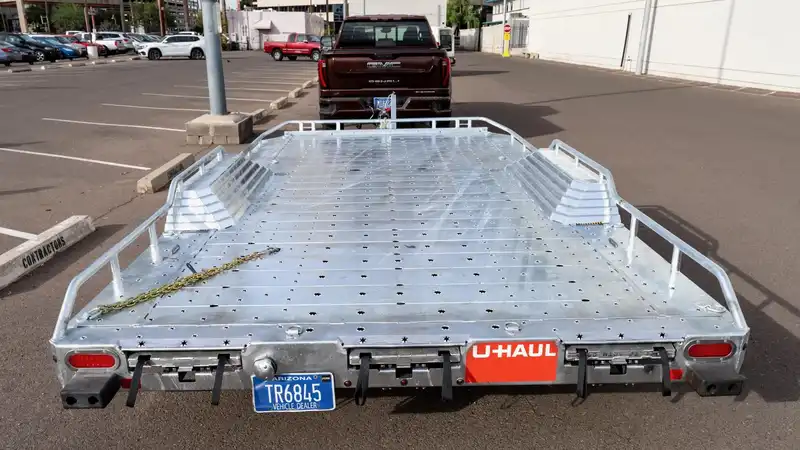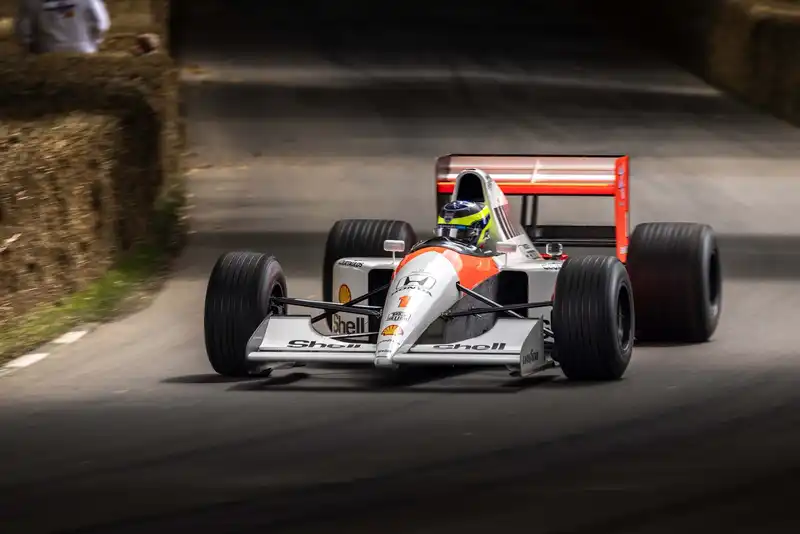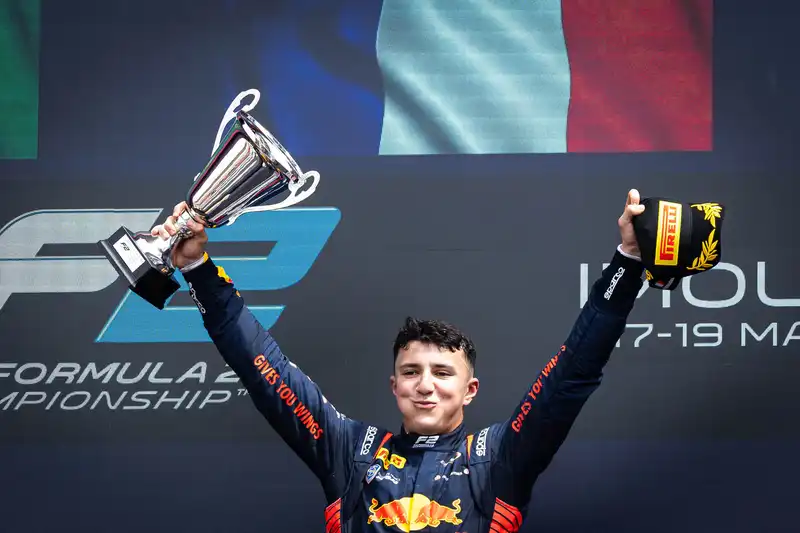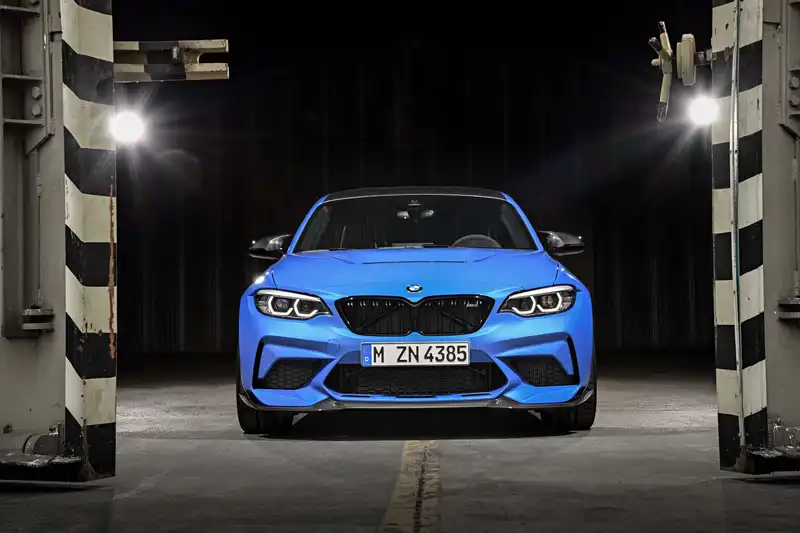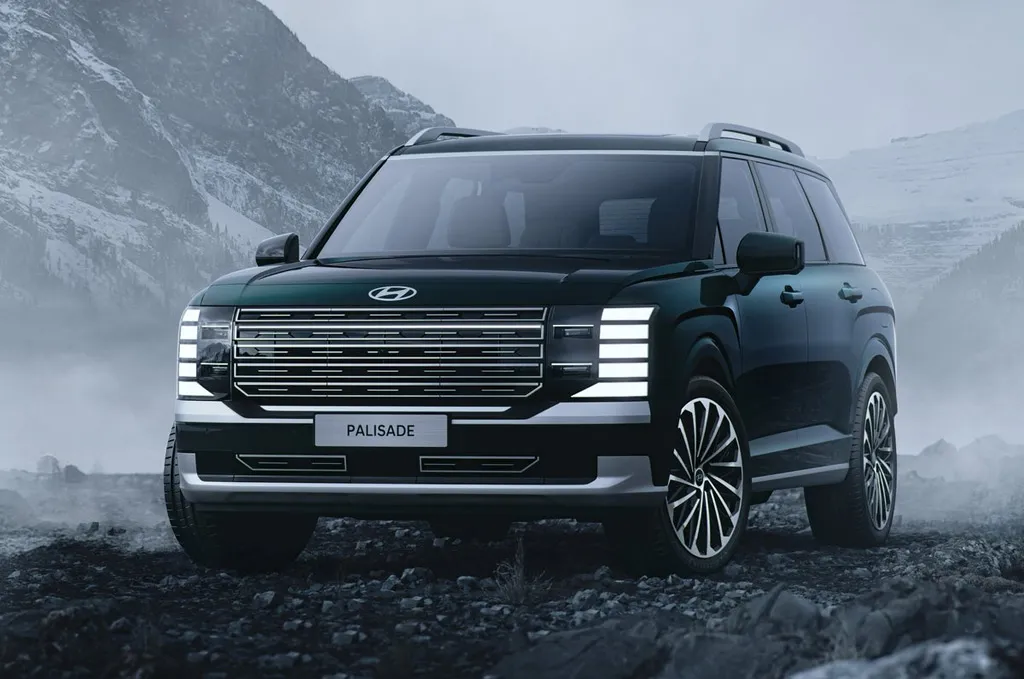Hydrogen-powered BMW to hit showrooms in 2028
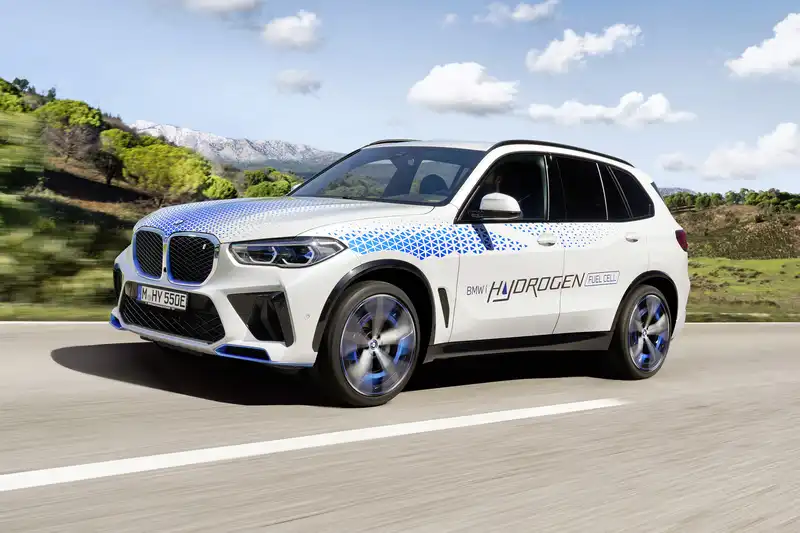
BMW announced Thursday that it will add a hydrogen vehicle to its lineup in 2028.
The hydrogen-electric vehicle will be powered by a next-generation powertrain developed with Toyota, which Toyota plans to use in its own vehicles.
Hydrogen-electric vehicles are similar to battery-electric vehicles, but the drive system relies on a hydrogen fuel cell stack instead of extracting energy from a charged battery. Such vehicles often also have a battery to provide extra energy at high loads.
BMW is building a hydrogen-electric X5 SUV starting in late 2022, albeit in very small numbers. This vehicle was limited to testing and demonstration purposes and was never offered to the public; the hydrogen-electric vehicle scheduled for 2028 will be a regular production model; BMW has confirmed that it will be a variation of an existing model line.
BMW, like Toyota, wants to offer customers a choice of powertrains, including gas powertrains, plug-in hybrids, battery electric vehicles, and hydrogen electric vehicles.
Lack of charging infrastructure remains one of the biggest challenges for prospective EV buyers, but hydrogen infrastructure is also almost non-existent. To address this problem, BMW and Toyota see the development of hydrogen-electric passenger cars as a way to create demand.
The two companies are also working with energy companies specializing in the production and distribution of low-carbon hydrogen. Last fall, Toyota demonstrated a pilot plant that converts biogas to hydrogen.
Toyota and several other companies, including Bosch, Ferrari, and Porsche, are also considering internal combustion engines designed to run on hydrogen. When burning hydrogen, the engine would emit zero carbon. However, it also emits harmful nitrogen oxides, which must be treated using urea-based selective catalytic reduction, as in modern diesel engines
.